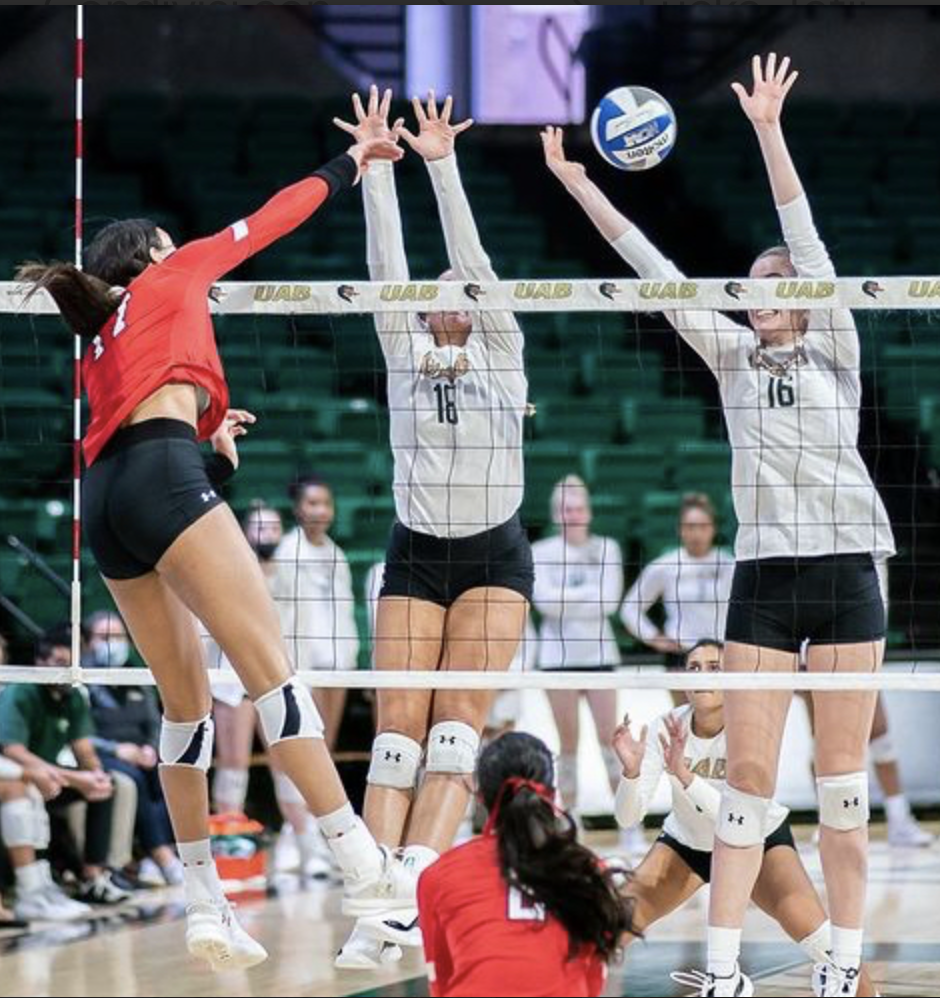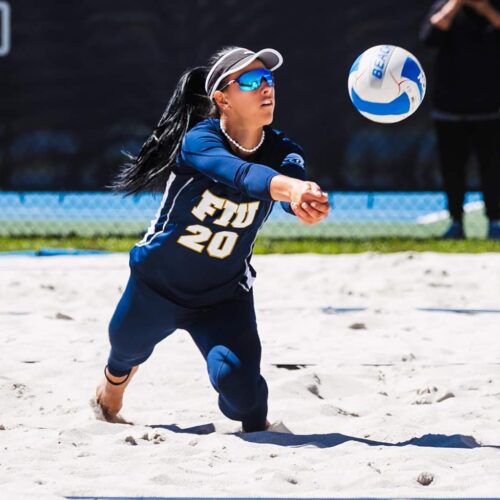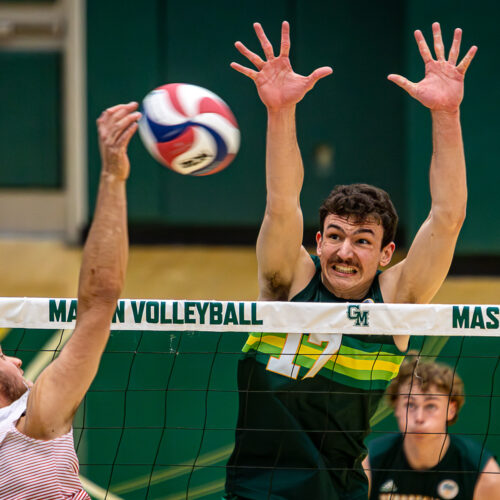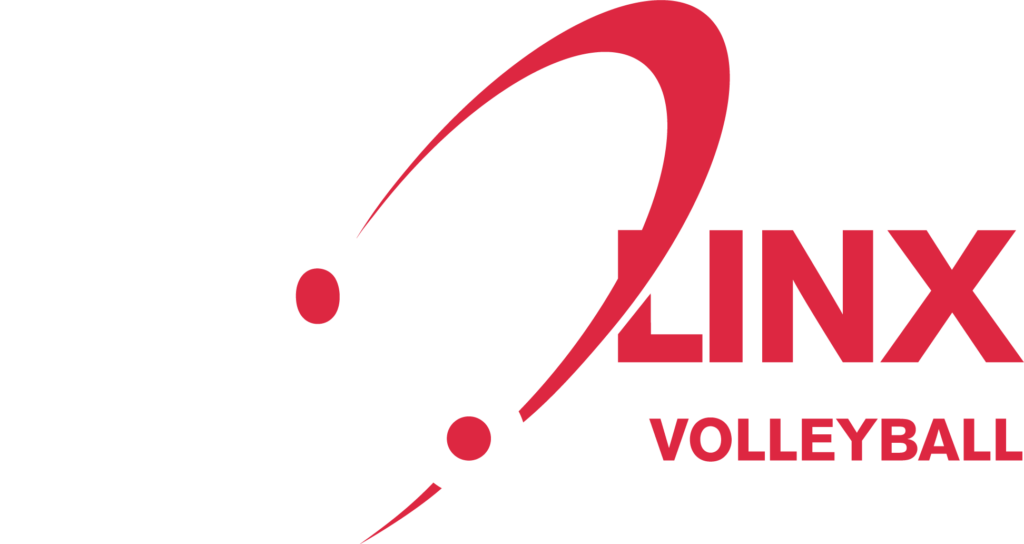Essere considerato un atleta non professionista (dilettante) è uno dei requisiti sportivi più importanti per poter rappresentare un’università come studente-atleta.
Ogni lega ha le proprie definizioni di professionismo e dilettantismo ed ulteriori direttive specifiche per alcuni sport in particolare. Esistono differenze tra gli sport di squadra e individuali, regole specifiche per gli sport per i quali negli USA esistono leghe professionistiche (come ad esempio football americano, basket, hockey sul ghiaccio, baseball ecc.) oppure per gli sport individuali professionistici come il tennis, l’atletica ed il golf.





